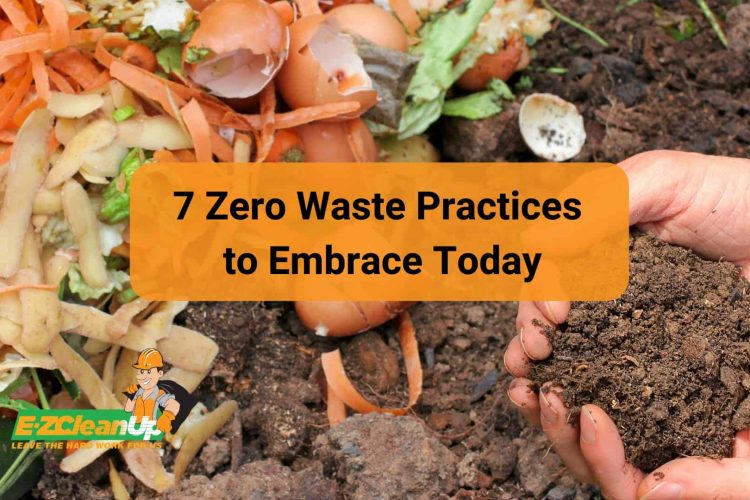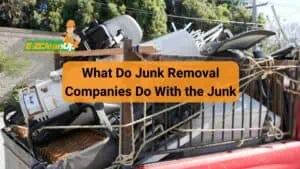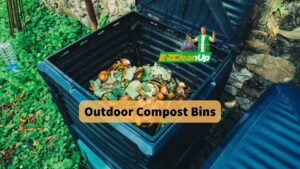Crafting a sustainable lifestyle involves embracing reusable items, composting to improve soil, supporting local businesses, engaging in sustainable shopping, using eco-friendly personal and cleaning products, and advocating for policies that enhance recycling and sustainability.
Learn more about the 7 zero waste practices to embrace today in our guide below.
#1: Reduce Single-Use Plastics
Switching to reusable bags, bottles, and containers significantly cuts down on plastic waste. For instance, reusable water bottles prevent thousands of single-use bottles from polluting our oceans and landfills each year.
By incorporating reusable items like cloth grocery bags or stainless steel water containers, you reduce plastic consumption while contributing to a cleaner environment. The good news is that certain businesses are innovating in this space by providing refillable containers that further minimize the need for disposable packaging.

Choose Products with Minimal or No Packaging
Choosing products with minimal or no packaging helps avoid unnecessary plastic, and it shows support for companies that are committed to sustainable practices.
By prioritizing items with reduced packaging, consumers can influence market trends towards more eco-friendly products. This includes selecting bulk items, which typically come with less packaging, and participating in programs that allow for the return and reuse of packaging.
#2: Embrace Composting
Composting is a practical way to transform your kitchen and garden waste into valuable organic material that enhances soil health and reduces waste. Setting up a home compost system starts with selecting the right location and compost bin.
Choose a spot in your yard that has a balance of sun and shade to help maintain ideal temperature conditions for composting. It should also be near a water source to keep the compost pile moist.
As for the compost bin, there are several types to consider, from simple wire mesh bins to tumbler bins, depending on your space and composting needs.
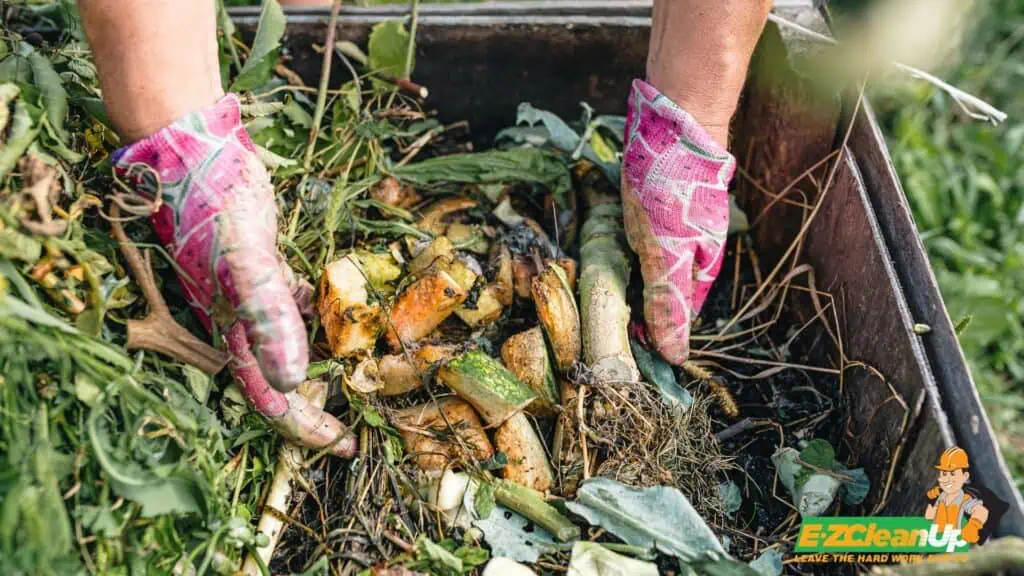
Understand What Can and Cannot Be Composted
Effective composting requires a good balance of ‘green’ and ‘brown’ materials. Greens are nitrogen-rich materials like vegetable scraps, coffee grounds, and grass clippings, while browns are carbon-rich materials like dried leaves, straw, and shredded paper.
Maintain a ratio of about 1 part green to 2 parts brown. Avoid adding meats, dairy products, fats, and pet wastes, as they can attract pests and may cause odor problems.
Use Compost to Enrich Garden Soil
Once your compost matures, it becomes a rich, earthy material that is excellent for enhancing garden soil. It helps improve soil structure, retains moisture, and provides nutrients for plant growth.
Use the finished compost in your garden beds, potted plants, or as a lawn top dressing to promote healthy plant growth. Aside from recycling organic waste, composting also reduces landfill use and the production of methane gas, a potent greenhouse gas.
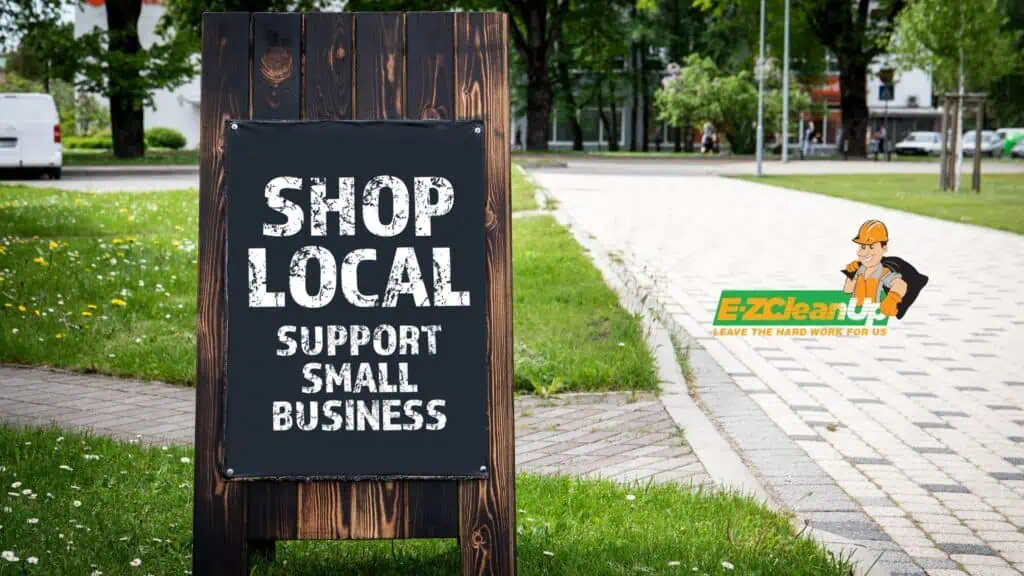
#3: Support Sustainable and Local Businesses
When you buy from local markets and artisans, you are directly supporting the local economy and reducing environmental impacts. Local businesses tend to source goods and services locally, which cuts down on transportation emissions and packaging waste.
Additionally, spending locally ensures that more money stays within the community, supporting other local businesses and services.
Choose Products from Companies that Practice Sustainability
These businesses often use eco-friendly materials and processes, support fair labor practices, and are involved in the community. All these can lead to a stronger local economy and a healthier environment.
By choosing to support local and sustainable businesses, you are playing a part in a larger movement towards reducing environmental impact and bolstering local economies. This approach benefits the environment.
It reduces the need for long-distance transportation and excessive packaging. Plus, it enhances the social fabric of the community by creating jobs and supporting local services.
#4: Implement Sustainable Grocery Shopping Practices
Purchasing food and other items in bulk significantly cuts down on packaging waste, which is a major component of municipal solid waste. By choosing bulk options, you reduce the amount of packaging used while often enjoying a lower price per unit.
It makes this a cost-effective option as well. Ensure you have adequate storage to maintain the freshness and quality of bulk purchases.
Select Fresh Produce Over Packaged Goods
Opting for fresh produce over packaged alternatives is another effective way to reduce your environmental footprint. Fresh produce typically requires less packaging and is less processed.
This helps in maintaining nutritional value and reducing carbon emissions associated with processing and packaging. Moreover, buying fresh often means you can buy exactly the amount you need while minimizing food waste.
#5: Create a Zero Waste Home Office
Transitioning to a digital-first approach significantly cuts down on paper usage. Opt for digital documents and tools like Google Docs or Microsoft OneDrive for document storage and collaboration. This reduces physical waste while enhancing accessibility and organization.
Invest in Sustainable Office Supplies
Choose office supplies that support sustainability. Opt for second-hand furniture or items made from recycled materials. This approach reduces waste and gives a second life to items that might otherwise end up in landfills.
For stationary, consider materials that are either compostable or made from recycled content. Additionally, invest in reusable items like stainless steel pens and binders made from recycled materials to minimize waste.
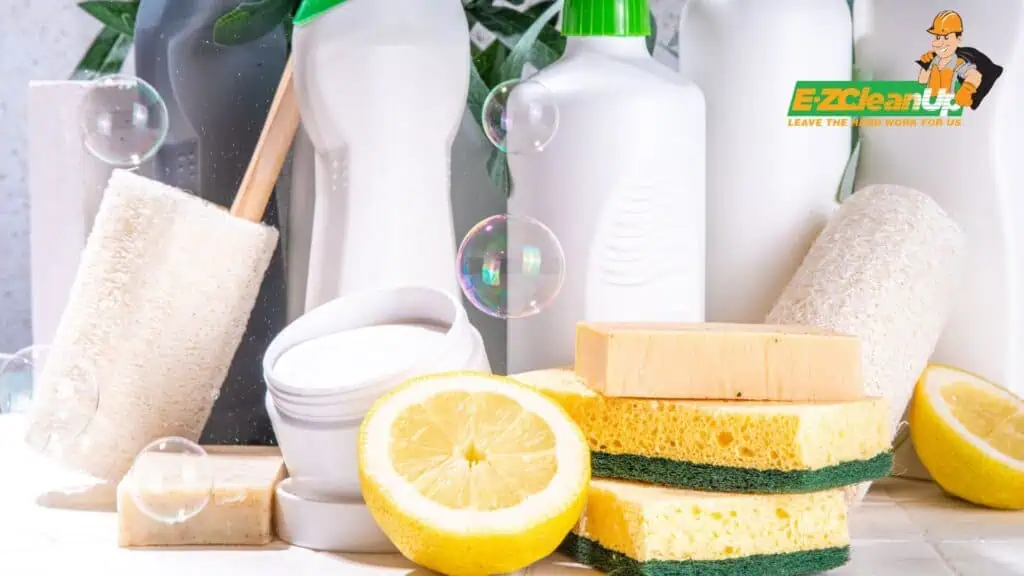
#6: Use Sustainable Personal Care and Cleaning Products
Choosing bar soaps instead of liquid soaps can significantly reduce plastic waste. This is because they often come with minimal or no packaging. Moreover, many companies offer refillable options for personal care products such as shampoos and lotions. This allows you to reuse containers and reduce waste.
Make Your Own Cleaning Products from Natural Ingredients
Creating your own cleaning products using natural ingredients like vinegar, baking soda, and essential oils is not only eco-friendly but also cost-effective and safe for your home environment. This practice reduces the reliance on chemicals and packaged goods. It aligns with a zero-waste lifestyle.
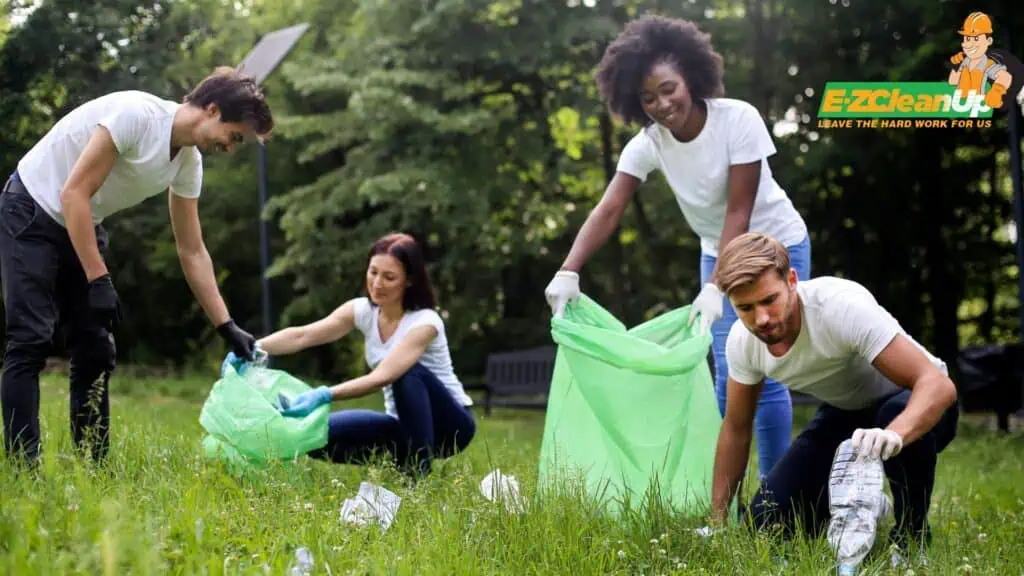
#7: Advocate for Community and Policy Changes
Community clean-up events are powerful tools for promoting environmental awareness and fostering community engagement. These events help keep our neighborhoods clean while raising awareness about the importance of environmental preservation.
They encourage community participation, which strengthens local ties and promotes a collective responsibility towards a cleaner environment. By joining these initiatives, individuals can contribute directly to reducing pollution and enhancing the aesthetic and health of their local areas.
Support Policies That Promote Recycling and Sustainability
Supporting and advocating for policies that promote recycling and sustainability is another critical action. Engaging with local government initiatives or supporting organizations that push for environmental policies can lead to significant changes.
These policies could include promoting recycling through better infrastructure. They provide incentives for sustainable practices, or implement regulations that reduce waste.
By supporting these policies, individuals can help ensure that sustainability practices are not just individual efforts but are supported and enhanced by structural changes within the community.
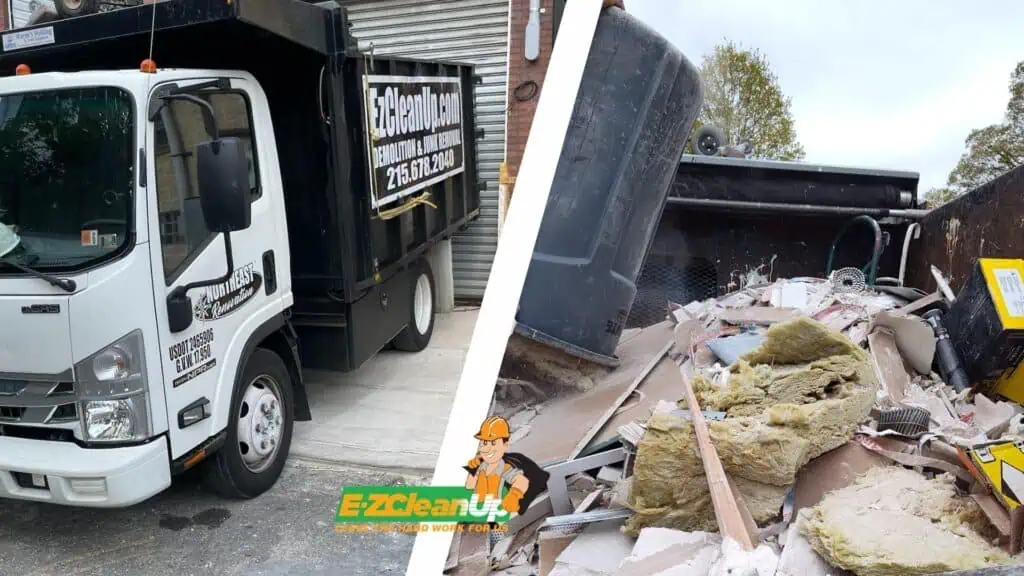
Zero Waste Goals? EZ Does It
Adopting the 7 zero waste practices involves more than personal commitment. It requires community-wide support systems for effective waste management. When it comes to handling larger items or quantities, you cannot manage them alone. EZ CleanUp provides the perfect solution.
Our services ensure that your large-scale waste is disposed of in an environmentally responsible manner. Contact us for expert waste management solutions that complement your zero waste lifestyle.

